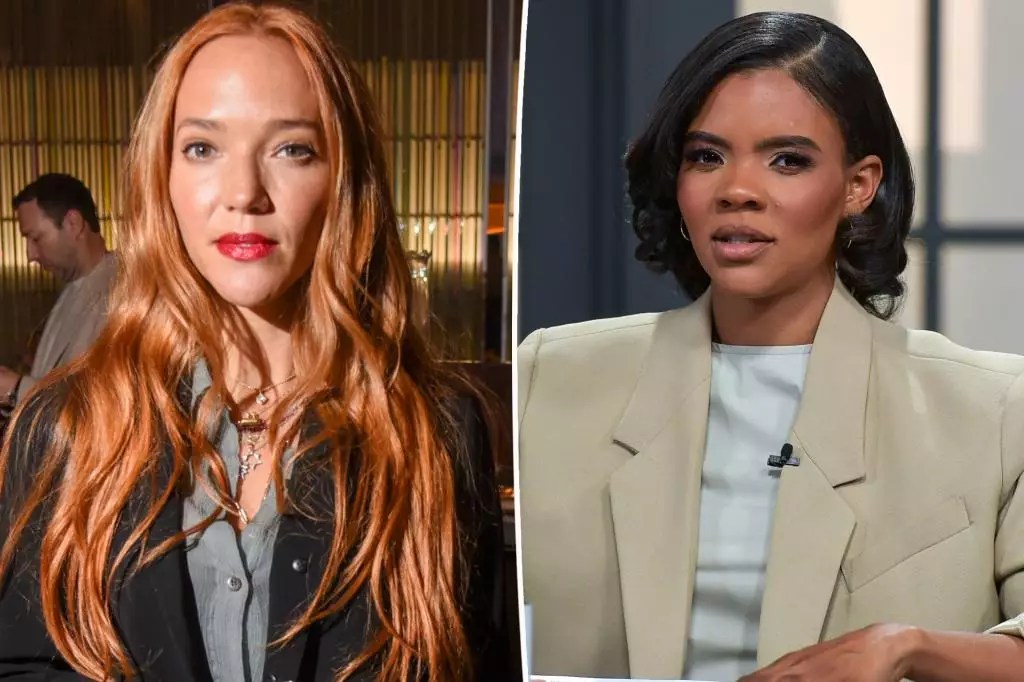The recent controversy involving Candace Owens, a conservative commentator, and Zoe Buckman, a Jewish artist and activist, has sparked heated debates on social media platforms. Owens made headlines last week when she dismissed accounts of Nazi doctor Josef Mengele’s experiments on Holocaust victims as “propaganda”. This statement was met with backlash from Buckman and others, leading to a private exchange of messages between the two.
After Buckman publicly criticized Owens’ remarks, the situation escalated as Owens attacked Buckman in private messages. Owens accused Buckman and others of blindly believing everything they read and playing the victim. This exchange sheds light on the tension surrounding discussions of sensitive topics such as the Holocaust and genocide.
In response to Owens’ derogatory remarks, Buckman emphasized the importance of acknowledging and respecting the experiences of the individuals and groups affected by the Holocaust. She condemned Owens’ attempts to downplay the atrocities committed during that period and highlighted the pattern of antisemitism and bigotry that often accompanies such denial.
The dispute between Owens and Buckman is not an isolated incident but reflects broader societal issues related to historical accuracy, victimization, and marginalization. The controversy also touches upon the role of social media in amplifying and disseminating contentious viewpoints, sometimes to the detriment of constructive dialogue.
Owens, known for her provocative commentary, has been no stranger to controversy in the past. Her departure from the Daily Wire earlier this year following disagreements over Israel and antisemitism underscores her divisive reputation. Owens’ statements on the Holocaust and other sensitive topics have drawn criticism from various quarters, including white supremacists and the Anti-Defamation League.
As the fallout from the Owens-Buckman exchange continues to unfold, it raises important questions about the limits of free speech, the responsibilities of public figures, and the ethics of engaging in contentious debates. The incident serves as a cautionary tale about the potential consequences of inflammatory rhetoric and the need for greater sensitivity and empathy in discussions of traumatic historical events.
The clash between Candace Owens and Zoe Buckman offers a sobering reminder of the enduring legacy of the Holocaust and the ongoing struggles for truth, justice, and remembrance. It underscores the critical importance of engaging with difficult and uncomfortable truths, even when they challenge our preconceived notions and beliefs. As we navigate complex social and political landscapes, it is essential to approach contentious issues with humility, compassion, and a commitment to understanding diverse perspectives. Only by confronting the past with honesty and integrity can we hope to build a more just and equitable future for all.







Leave a Reply